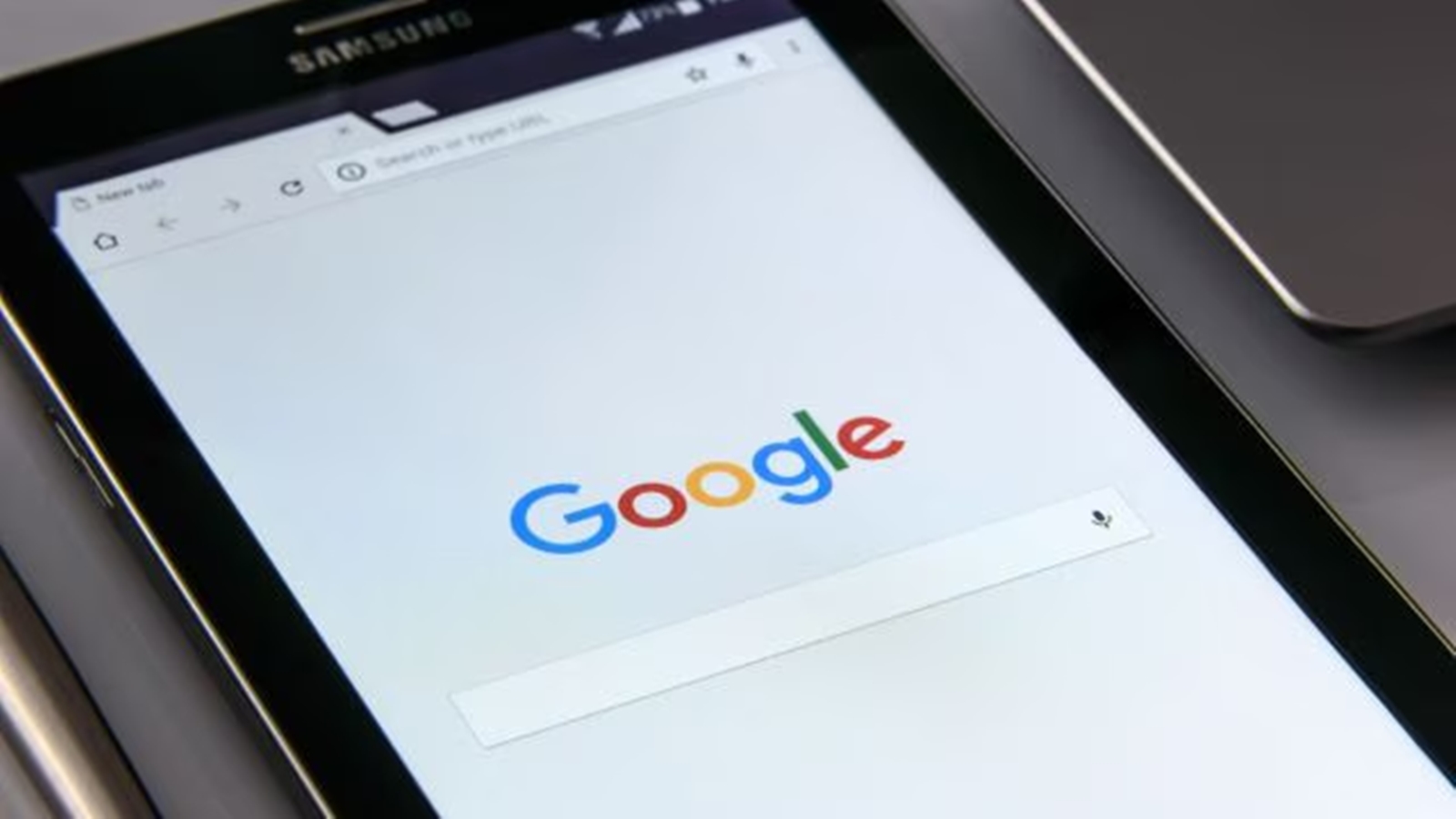My first personal computer was a proudly assembled x86-based Compaq machine which came preloaded with a “fully certified” pirated copy of Windows 95. The small computer shop that assembled it for me assured me that it was a “genuine copy” of the operating system (OS) and also gave me a variety of other software packages, each an act of blatant piracy.
When I bought my own laptop and tried to install the new version of Windows from a pirated CD bought for Rs 10 at a street market in Pune, something strange happened — there was a greyscale watermark that showed up on the bottom of the screen, warning me that this was not a certified copy of Windows and that I should buy an activation key to turn this counterfeit into a legal OS. I never bought an activation key. I continued to use all the features of the OS, including the free updates that Windows was periodically releasing to keep the system smooth and efficient.
It has been studied in business and technology history that Microsoft openly allowed, facilitated, and encouraged the replication of its Windows Operating System during the 1990s, especially in emerging digital geographies like India and China, despite its public posturing against software piracy. In 1996, Bill Gates was famously quoted as saying, “Although about 3 million computers get sold every year in China, people don’t pay for the software. Someday they will, though… And as long as they’re going to steal it, we want them to steal ours. They’ll get sort of addicted, and then we’ll somehow figure out how to collect sometime in the next decade.”
I guess Gates collected from a grown-up version of me a debt of gratitude by not just ensuring that my current OS is paid for and suitably licensed, but that I never moved out of the Windows ecosystem. Even when convinced by technological evangelists who showed me the wonders of Open Source systems like Linux, or the cult-like academic and artistic figures who shamed me for not preferring iOS, it has been 28 years of using Windows, and never stepping out of its universe. Except for phones, where I did try Windows-based phones before I saw the error of my ways and imprisoned myself to Google’s Android platforms.
To understand the antitrust ruling in a US federal court, where judge Amit Mehta declared Google’s business strategy around its search engines monopolistic, anti-innovation, and anti-competitive, it is perhaps important for us to go back to a similar ruling against Microsoft in 2001, with a similar bent. Microsoft was found entering into monopolistic practices by privileging its OS bundled with Internet Explorer as the default and pre-loaded internet browser, thus discouraging users from installing alternative browsers like Netscape. The ruling found Microsoft guilty of using its popularity and widespread market share to stop others from innovating and competing and using its features and products as the default settings that did not even allow users to install other options without great difficulty and effort.
I began by talking about Microsoft, because Amit Mehta, the federal judge who deemed Google monopolistic, also did so. In his 277-page ruling, he mentioned Microsoft 266 times. And it is worth noting that as much as clarion calls were made in the Microsoft ruling — about how the giant corporation will be either forced to break up its services into multiple smaller units or lose its market share — we live in a Microsoft-powered world, from our word processors to our generative AI.
Google’s ruling is historical for the US but it is neither unique nor universal. The EU courts had already forced Google to no longer be the default search engine for Apple products and it didn’t affect its market share at all. Google has been accused of predatory market practices in the Indian courts as well, and while fines, settlements and new arrangements have emerged, it hasn’t affected the fact that Google remains the primary verb for all that we do online. Even when we think we have alternatives, Googlisation is the way in which our digital world operates. Google is not just a product or a service we use, it is a universe we live in. And even within the jurisdiction of the US, where this ruling is contained, it is not going to lead to any significant changes, apart from Google condescendingly allowing other services to enter a market that it has a majority share of.
It is also worth remembering that the Global North, with its US-EU-centric viewpoint, does not take into account local cultures of access and usage in majority world societies like India. Microsoft was a prime example of how it became our default not by making us buy but by letting us steal its products — something that anti-competition law is not going to pay attention to because piracy is not the expected route to curb competition. Following this, there is the possibility of multiple jurisdictions challenging Google’s dominant market share over search, but they are not going to be able to dismantle Google’s cultural centrality in our digital lives. Google, which has equated itself with universal access to the internet, has signed contracts with Jio, both to develop affordable 5G handsets in India and to provide basic cloud services for its telco networks.
For many lower-literate and emerging markets, Google is not a service, it is a habit. The threat to Google’s search engine is not going to be other search engines, but the new regimes of Generative AI as OpenAI rides the curve of the new internet. Till then, this ruling, historic as it might be for tech governance, betrays how slow legal systems are in dealing with digital platforms that insinuate themselves into our lives and become impossible to extricate from our everyday practices.
The writer is professor of Global Media at the Chinese University of Hong Kong and faculty associate at the Berkman Klein Centre for Internet & Society, Harvard University, USA



